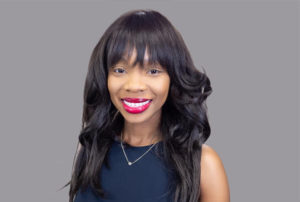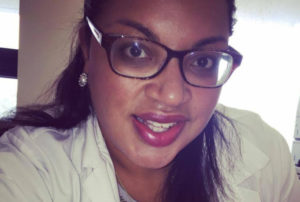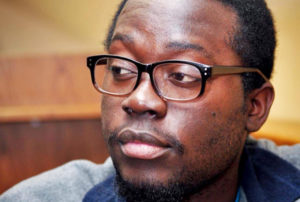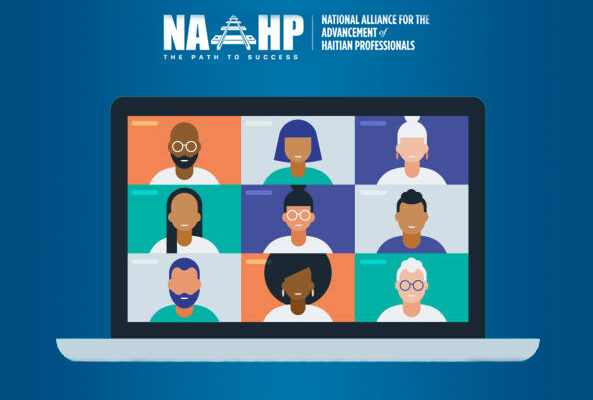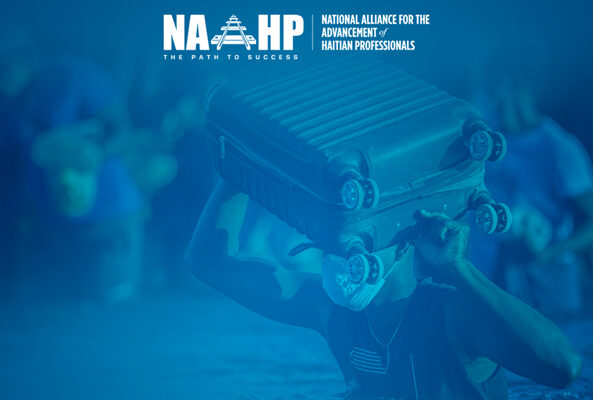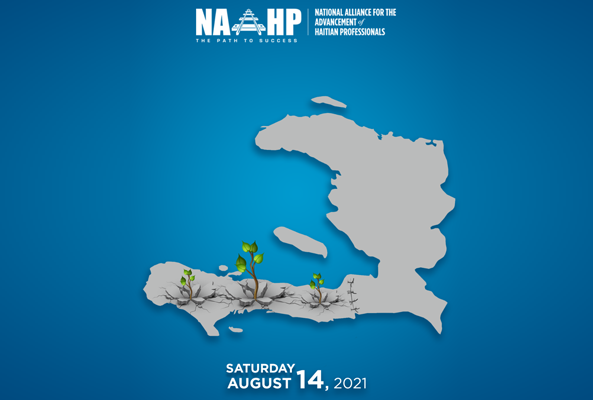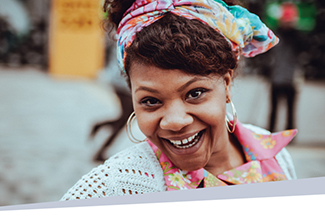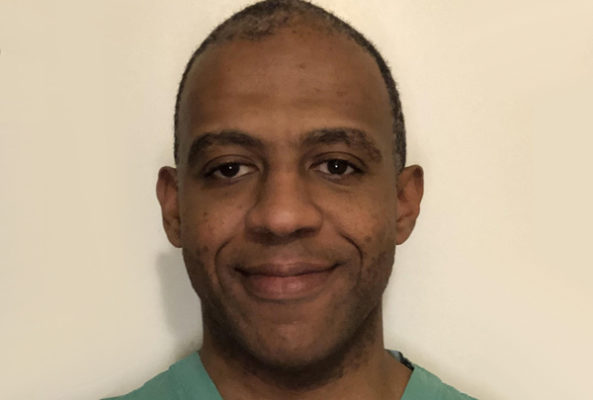
NAAHP Member Spotlight on Ernest J. Barthélemy, MD, MA
Every month the NAAHP turns the spotlight on members who are making an impact in their professional field and in their community. These members exemplify the mission of the NAAHP to make it the organization Haitian professionals trust.
10 Questions for Ernest J. Barthélemy, MD, MA
Tell us a bit about your personal background.
I was born in Brooklyn, 1st-generation Haitian-American. Both of my parents are immigrants from Grand-Goâve, Haiti. I have spent most of my life in obtained my education in New York. I’m currently married with two children, Joséphine and Lucien. One interesting thing about our family is that I have only spoken French to my children since they were born, and they are now asking me to teach them Haitian-Creole. Perhaps our family is planning a relocation at some point in the future.
What’s your current job?
I have three jobs at the moment: Neurosurgery Resident, Master of Public Health Student and Global Surgery research fellow. My principal job is as a senior neurosurgery resident at Mount Sinai Hospital, NYC. Neurosurgery is the field of surgery and medicine where we offer operative care for people suffering from diseases of the brain, spine and peripheral nerves. My two other jobs are at Harvard University in Boston, where I am senior Paul Farmer Global Surgery Fellow, and a full-time MPH student. All of this work overlaps and keeps me quite busy; it is all focused on my professional mission to develop the clinical neurosciences in Haiti.
How did your background prepare you for your current role?
I’ve had an unusual career path, having been a Latin and Afro-Cuban, dancer and then a personal trainer, all before going into medicine. I earned a few degrees and strengthened my language skills along the way. These experiences supported my current role and work in global health has they have enabled me to build strong, lasting professional relationships in several countries that serve my work and goals in Haiti.
What is the biggest challenge of your work?
The biggest challenge of my work is continuing to use a highly specialized field, i.e. neurosurgery, as a pathway for social transformation in Haiti. It takes extraordinary optimism, commitment, creativity, focus, and refusal to give up regardless of circumstances. Neurosurgery is a very narrowly defined field of medicine that has traditionally been reserved for people in “wealthy” countries, so making the development of the field a reality for country as impoverished as Haiti has become can often seem prohibitively difficult. At the same time, people in Haiti are disabled, or die, everyday from diseases from which they could be rescued if they had access to neurosurgical care – such as head trauma, spinal trauma, stroke, and congenital diseases like hydrocephalus (i.e., “water on the brain). With only 4 neurosurgeons serving a country of over 11 million people, there is much work and development to be done.
What would you say have been your greatest career or personal accomplishments so far?
My greatest accomplishment so far has been reviving the Fondation Haïtienne pour le Développement de la Neurologie et de la Neuro-Chirurgie (La FHADNNEC). This organization is Haiti’s professional society for the clinical neurosciences, and it remained dormant for over 20 years following its creation in 1993. When I met its founding leadership in Haiti, Drs. Alix Élie and Ariel Henry, I was fortunate enough to convince them to revive the organization as a means of reinvigorating its mission to develop the fields of neurosurgery and neurology in Haiti. I have served as the Vice President of La FHADNNEC since its revival on 1/12/2018, and in that role, I focus on building relationships with leaders from global neurosurgery organizations to create partnerships and opportunities for development of our field in Haiti.
What’s the most important leadership lesson you’ve learned?
The most important leadership lesson I’ve learned is that we have two ears and one mouth, and effective leaders use those organs in that ratio. Listening proactively is the key to effective and transformative leadership.
How long have you been a member of the NAAHP? What’s your best experience thus far?
I’ve been a member of NAAHP for about 1.5 years. My best experience so far was co-hosting the breakout session on healthcare at the 2017 NAAHP conference.
What kind of advice would you give to fellow NAAHP members looking to grow professionally?
My advice would vary depending on where people are in their educational and/or professional development. One thing that appears to have worked for me so far though is to only do that about which I am utterly, completely and thoroughly passionate. That was the key to my fulfillment when I was a dancer, it was the key to my fulfillment as a fitness professional, and it was how my fitness career ended up becoming a unique pathway in medicine that catapulted me into the emerging field of global neurosurgery.
Who or what inspires you?
At this moment, I am very inspired by President Kagame of Rwanda. What he has done for his country is truly awesome and full of lessons in leadership from which we can all learn.
When you’re not working, where can we find you?
It is very challenging to find me not working . Even with two years of clinical training in neurosurgery left to finish, much of work is also my play. But I suppose I can rarely be found tucked away in some nightclub, dancing Salsa.

 English
English Français
Français Donate
Donate Partner
Partner Shop
Shop Login
Login